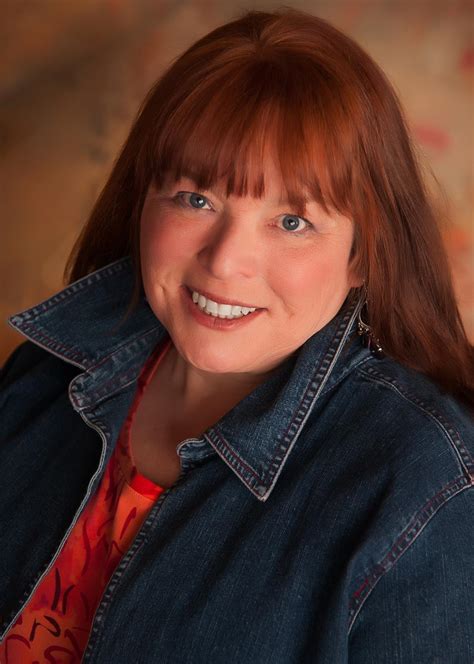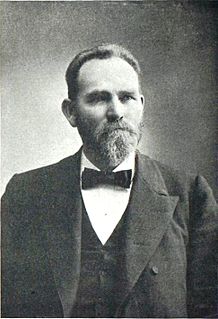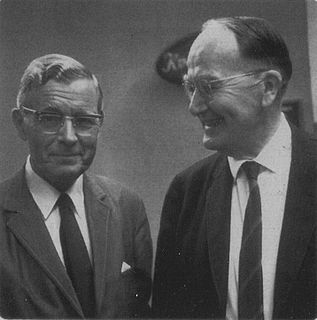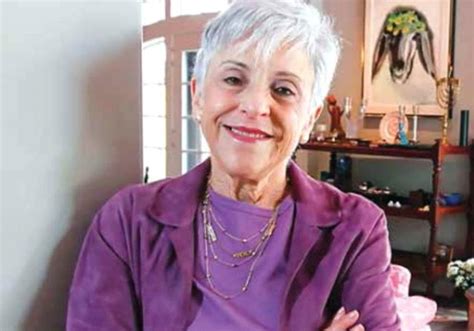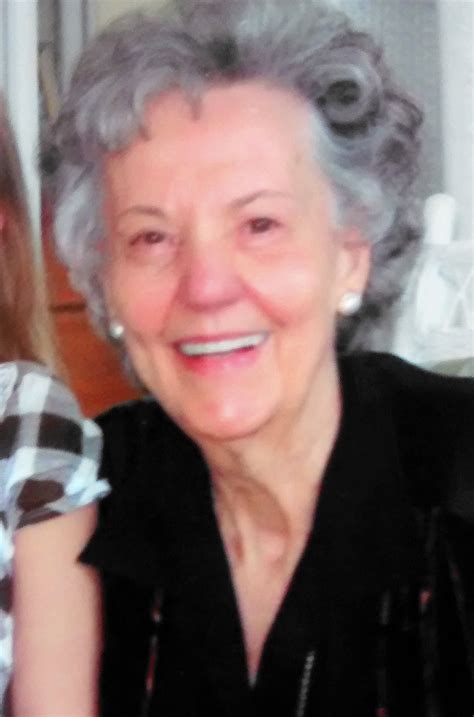A Quote by Thomas a Kempis
The acknowledgment of our weakness is the first step in repairing our loss.
Quote Topics
Related Quotes
Our ego ideal is precious to us because it repairs a loss of our earlier childhood, the loss of our image of self as perfect and whole, the loss of a major portion of our infantile, limitless, ain't-I-wonderful narcissism which we had to give up in the face of compelling reality. Modified and reshaped into ethical goals and moral standards and a vision of what at our finest we might be, our dream of perfection lives on--our lost narcissism lives on--in our ego ideal.
We mourn; we sorrow for our loved ones that go - our wives, our husbands, our children, our parents; we sorrow for them; and it is well and proper that we should moum for them and shed tears for the loss, for it is our loss; but it is their gain, for it is in the march of progress, advancement and development. It will be all right when our time comes, when we have finished our work and accomplished what the Lord required of us.
Philip Galanes makes his debut with a novel that is both heartbreaking and deftly comic, the story of a young man struggling with his most primitive desires--wanting and needing. It is a novel about the complex relationships between parents and children, a story of loss and of our unrelenting need for acknowledgment, to be seen as who we are. And in the end it is simply a love story for our time.
I say this in the book [Today Matters], we either spend our day repairing or preparing, and if I haven't taken good care of my today's, they accumulate. So all of a sudden today what I'm doing is I'm going back, I'm repairing bad relationships and wrong decisions, and I'm digging a hole. I'm not making any progress because I'm in a repairing mode, versus if I really make today count that prepares me for tomorrow. Tomorrow really will take care of itself if I do the right thing today.

